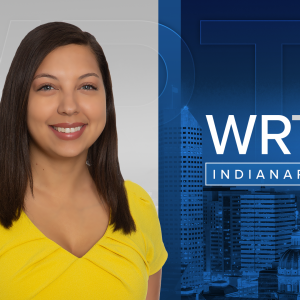INDIANAPOLIS — Tuesday, the city of Indianapolis announced a new multi-million dollar effort to help shelter those in need.
The city bought land to create what it calls its first housing hub.
Land off E. Georgia St. will become the first publicly-constructed, low-barrier shelter in city history. It's about a mile and a half from the convention center.
"It is something that will have all the services that one may need while looking for permanent shelter so if you need drivers license, access to a job, help with childcare, healthcare it will all be in one area. So that way, it eliminates barriers for people traveling all around town for those services and then the shelter component feeds into the city's permanent supportive housing," said Lauren Rodriguez.

Deputy Mayor, Lauren Rodriguez, said the city bought the land for $2.1 million.
$12 million in federal funds has been set aside for future development.
"We are applying for state funds as well. So mix of federal, state, and local dollars," Rodriguez said.
Brian Krispin at Wheeler Mission said the shelter is needed.
"Here at Wheeler Mission we see anywhere from 700 to 900 people a day. When it gets colder outside those numbers increase. We are busy everyday. That's our men shelter, women shelter, etc," he said.

This year's Point In Time count, which tracks the number of people experiencing homelessness within one night in Indianapolis, reveals more than 1,600 people are homeless.
That's an 8% decrease from last year, but the report also shows, the number of unsheltered people, veterans and chronic homelessness increased.
"Our numbers have gone up with the number of people we are helping but again, there's people out there that aren't being sheltered right now. So more people need help," said Krispin.

Social worker, Demetrice Bruno says another challenge the city faces, is finding housing for those working to get off the street.
"There's definitely a shortage in inventory. The stigmas stems from not understanding," said Bruno.
"People who are unsheltered or homeless does not mean they don't have jobs or aren't taxpayers or might not need services because they do," said Rodriguez.
The creation of the housing hub follows recommendations made by the state's low-barrier shelter task force.






